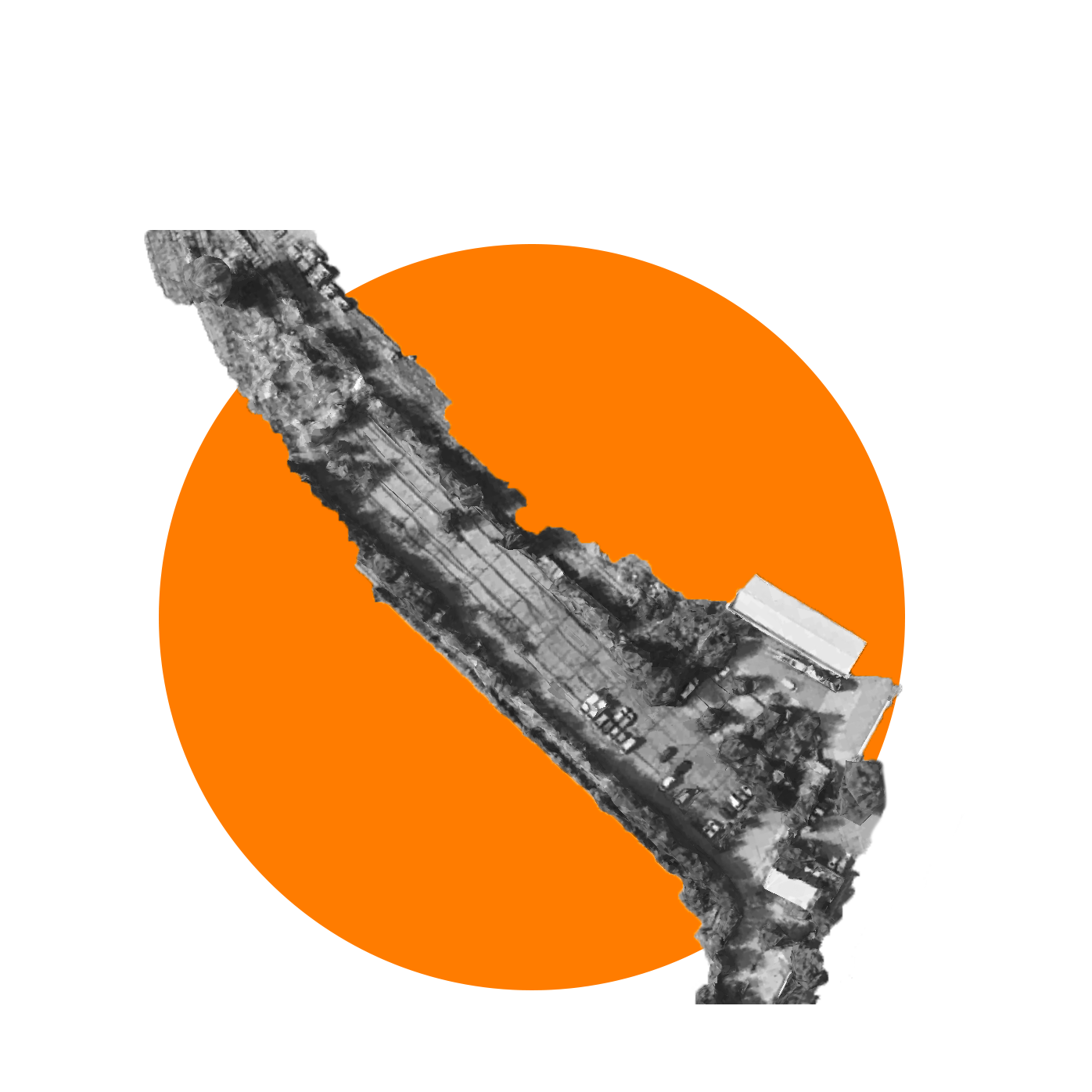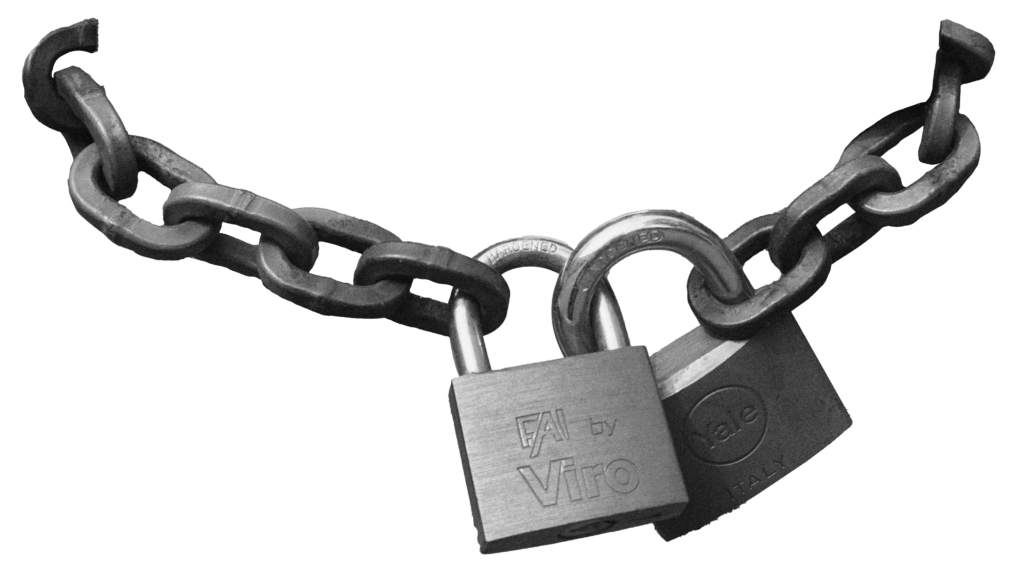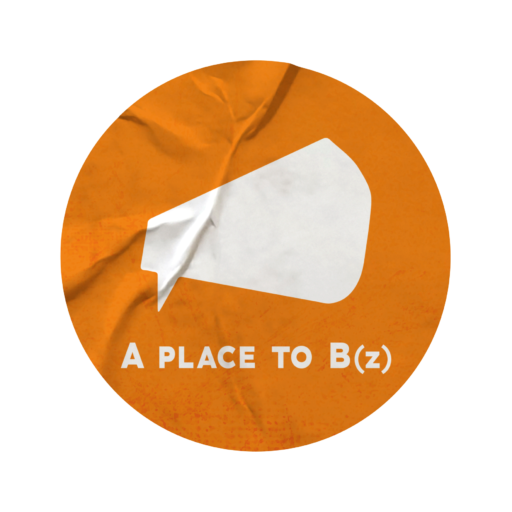Our Goals
We envision a city that fosters local, independent culture and prioritizes free spaces that are accessible to all residents to interact, express and participate. With A place to B(z) want to open the dialogue about future urban development and innovation by making concrete examples experienceable and supporting the eco-social transformation in the urban environment.
We believe in the power of open access to promote creativity, inclusivity, and community engagement. A place to B(z) can act as a platform connecting and bundling resources of the urban society. Together want to create offerings for the young and young-at-hearts in Bolzano. To support residents in reclaiming public spaces and emancipating themselves to be part of urban society we need:
Spaces
As a society, we need spaces to meet, connect and create together. In Bolzano, space is currently a scarce resource while many places remain unused. Together we want to work for the opening of underused spaces and question our approach to public space.
Community
We need a strong network of Actors. By having different points of view and giving a voice to the least powerful stakeholders, we can create resilient, long-lasting projects for us as a community. In this group, we can enhance public discussions and enable residents to participate in shaping the city. Through a robust and transdisciplinary coalition, we can share resources, exchange knowledge, and realize various projects and ideas together, creating a culture of active participation.
Support
We need legal support to navigate the labyrinth of local bureaucracy and permissions. We need the active assistance of the municipality and we need funding. This way we provide a framework for reclaiming unused areas and facilitate interim uses by starting a process of democratic-self-organization.
Revitalizing unused areas
Behind the train station in Bolzano lays a huge abandoned area, it has been abandoned for over three decades. Yet it holds the potential to become a powerful centre for creative urban development and free space for us residents.
It is sooo big, you can actually fit 11 Piazza Walthers in there

Because of its location, the area has little to no conflict of interest with its surroundings and could easily be used as an open space for independent culture, reducing pressure on the city centre.
Inviting residents to co-create interim uses for this abandoned area can revitalize this neighbourhood and empower residents to address their needs. Together with a community of Bolzano residents, we want to create an open and welcoming free space that is adaptable to host multiple trans-disciplinary uses and maintained as an urban common, becoming a nurturing ground for local, independent culture.

There are many more spaces in Bolzano, that a temporary or permanently underused. Some are similar open spaces like the area behind the train station, and others are unused buildings or not rented shops. All these spaces could be used long-term or temporarily by different communities.
Connecting the community
Creating cross-sector coalitions!
Bolzano has a great landscape of associations and a lot of unactivated potentials, yet the city is missing a common narrative. With A place to B(z) we want to create a platform for residents, associations and other groups to meet, exchange valuable knowledge and collaborate on making great ideas become reality. By providing a space for connection we can create a dynamic network, share our resources and create trans-disciplinary. This platform can become the focal point of this region for innovative ideas and impactful initiatives. We strive to foster a vibrant community, empowering each other to collectively contribute to the cultural and social fabric of Bolzano!
Gathering Data
Throughout this process, we see a need for gathering various sets of data. The gathered data can effectively convey the potential benefits and positive outcomes of our project allowing us to make a case for the importance of our work. It helps us to articulate the vision, explain the rationale behind our proposals, and convince politicians and sponsors of the value and impact the project can bring to the community. Data enables us to quantify the benefits, such as economic growth, cultural enrichment, or social impact. Furthermore, we can share this data to identify trends, patterns, and potential challenges related to us as a society. These data-driven insights provide valuable guidance for decision-making and planning processes for the whole cultural sector. For this, we are always looking for contributors and collaborators.
